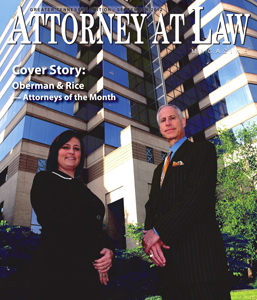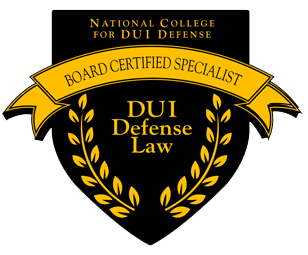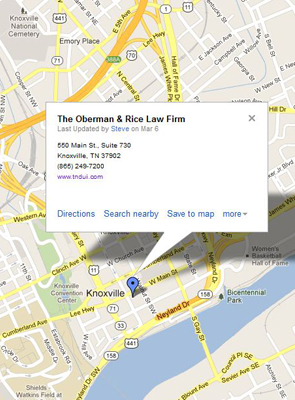Summary of The Tennessee Supreme Criminal Justice System
The following information summarizes the typical steps which occur in the Tennessee Criminal Justice System from the time the defendant is arrested through trial in criminal court. These procedures vary from county to county and some of these steps are combined in various ways depending on the particular jurisdiction.
Your Rights In Any Criminal Case
Regardless of which county the case is in, any defendant has certain rights. You have the right to have a lawyer represent you. If you cannot afford a lawyer, the court will appoint one to represent you. You have the right, in most cases, to have a preliminary hearing to determine the issue of probable cause as further described in step 3 below. You have the right to have a grand jury consider your case as described in step 4, and ultimately you have the right to a jury trial as described in step 6. You further have the right to remain silent, to be presumed not guilty, to plead not guilty and to persist in that plea.
You have the right to require the State to prove your guilt beyond all reasonable doubt. You also have the right to confront each and every witness against you in court. This means your lawyer has the right to cross-examine each witness. You have the right to subpoena witnesses to come to court and testify on your behalf. Should you be convicted, you have the right to appeal the conviction to the Tennessee Court of Criminal Appeals, and if you are unable to afford an attorney, you also have the right to have an appointed lawyer represent you at that stage of the proceedings.
The steps from arrest to trial are:
To be lawful, a police officer must have probable cause to believe that a crime is being, or has been, committed. If the arrest is for a misdemeanor offense, the crime must normally have been committed in the officer's presence.
In some Tennessee counties, an Arraignment occurs before the first hearing date. This procedure is also called an Initial Appearance. The proceeding is performed to ensure that a bond has been set, that the defendant is aware of the charges, has obtained a lawyer, and to schedule another court date. A formal plea of "guilty" or "not guilty" is typically not requested at this stage. The amount of bond and special conditions of bond (e.g. Ignition Interlock Device, SCRAM device, driving prohibition, curfew) may be reviewed or amended as well. It is important that a defendant hire a qualified Tennessee lawyer prior to his or her arraignment date.
STEP 3 -- GENERAL SESSIONS COURT.
This court has jurisdiction to address both civil and criminal cases. In some counties, there is a court which handles only DUI cases. These courts typically have prosecutors who are specially trained in Tennessee DUI laws. Criminal cases are resolved in this court by either a preliminary hearing, trial without a jury, or plea agreement. However, sessions courts do not have jurisdiction to conduct trials or accept plea agreements in felony cases. A preliminary hearing requires the state (the prosecution) to demonstrate that there is probable cause to believe the defendant committed the offense for which he or she is charged. Probable cause in this context means "probably guilty" or "more likely than not."
A Tennessee Grand Jury is comprised of 13 people who meet in secret to again determine if probable cause exists. They typically meet with the prosecutor's witnesses only, not with the defendant or his or her lawyer.
The formal charge against the defendant, the Indictment, is signed by the Grand Jury and must allege each element of the crime.
Criminal Court (sometimes referred to as Circuit Court) is the highest trial court in Tennessee. A defendant is presumed innocent and has the right to require the State to prove guilt beyond a reasonable doubt before a jury of 12 people from the community. All defendants also have the right to confront (cross-examine) their accuser, to compel the appearance of witnesses, and to remain silent if they choose not to testify. Defendants have the right to an attorney, and one will be appointed if the defendant cannot afford one. Prior to trial, defense counsel will have the opportunity to file motions - written documents requesting that the Court take certain action such as exclude evidence or require the State to disclose information. Should a person be convicted at trial, he or she has the right to appeal the conviction, the sentence, or both. If the defendant cannot afford to pay counsel for the appeal, one may be appointed.
DUI Information
Click on the links below for information about the Tennessee offense of DUI.















 Site Optimized by:
Site Optimized by: